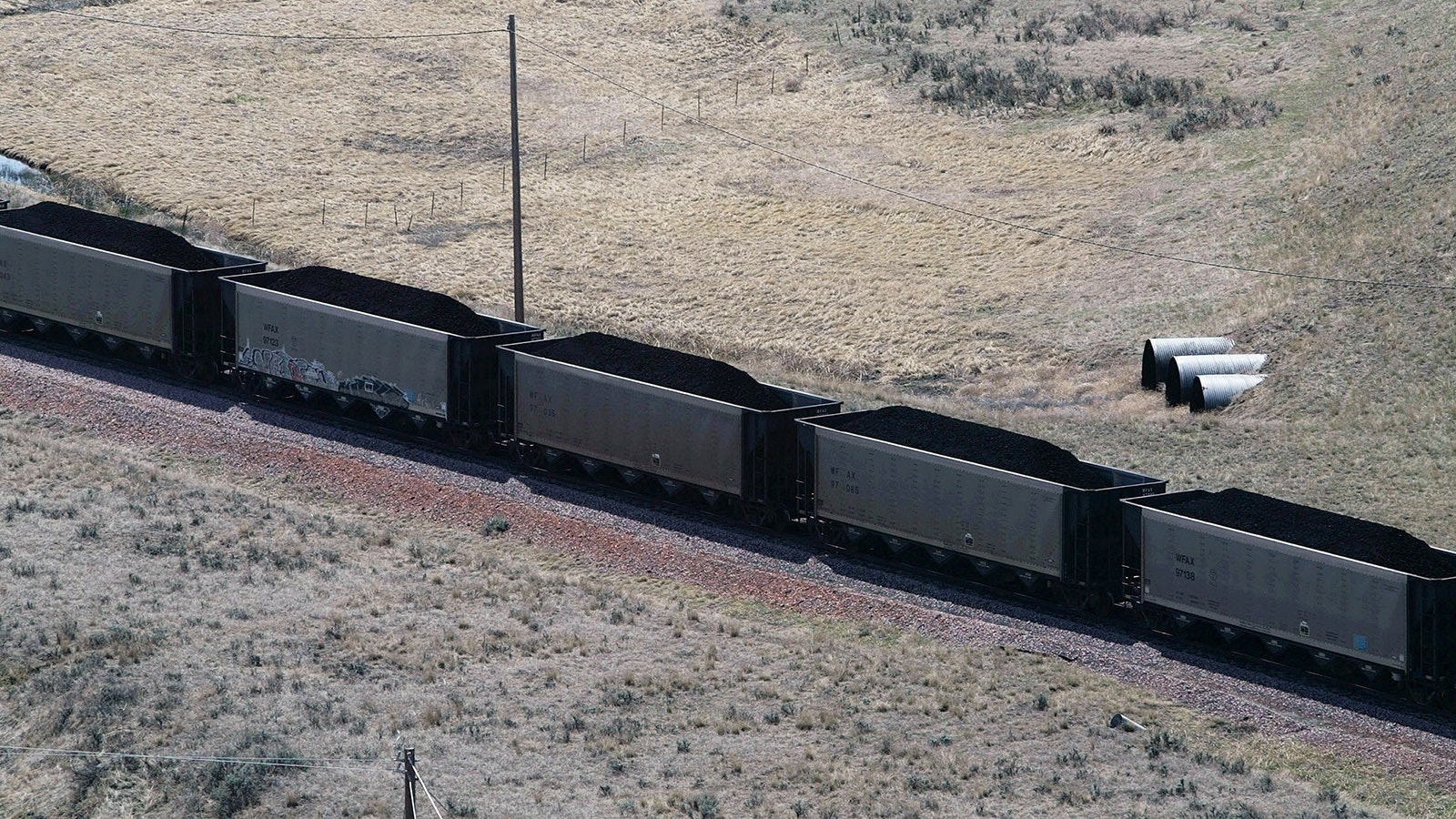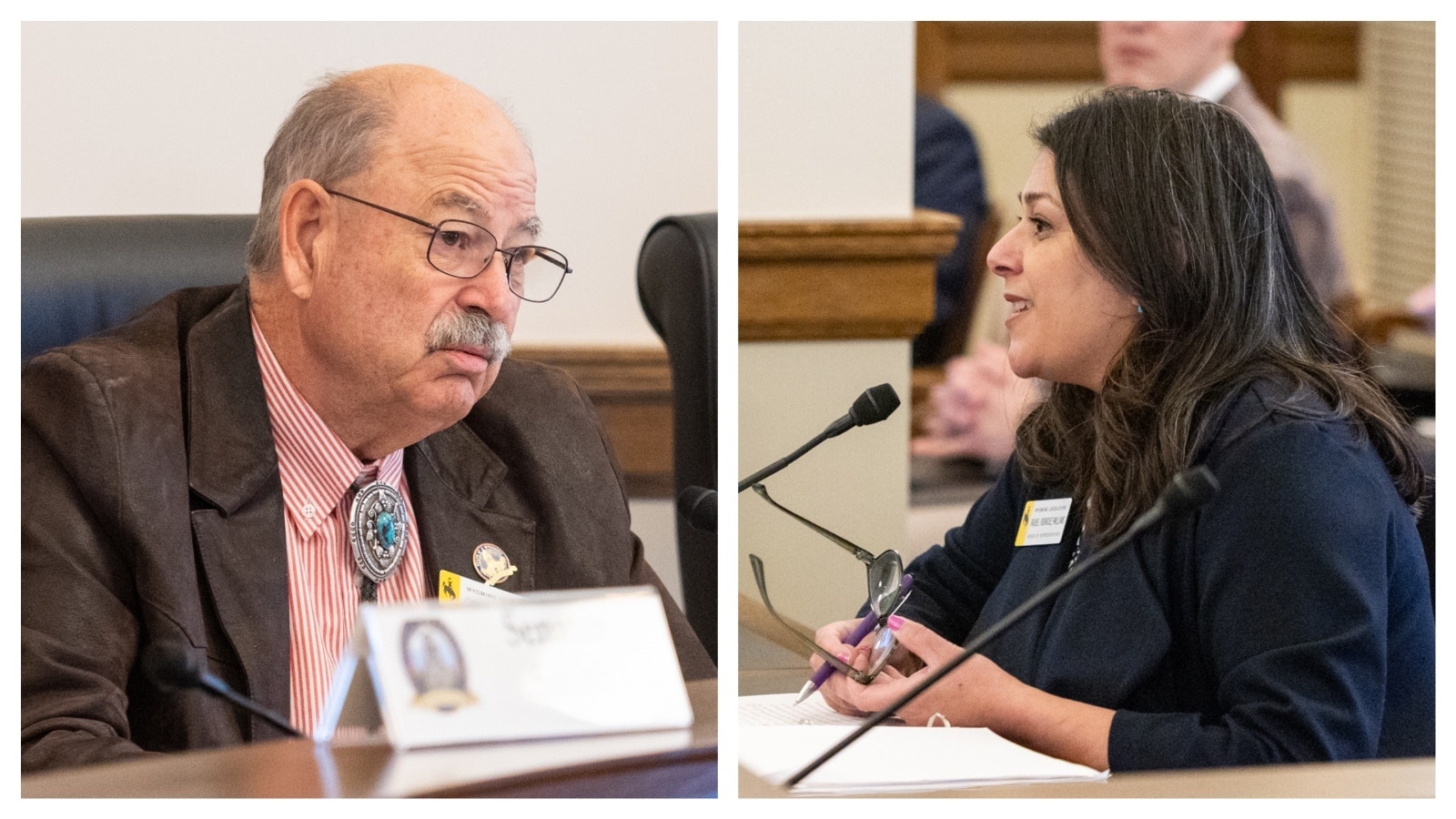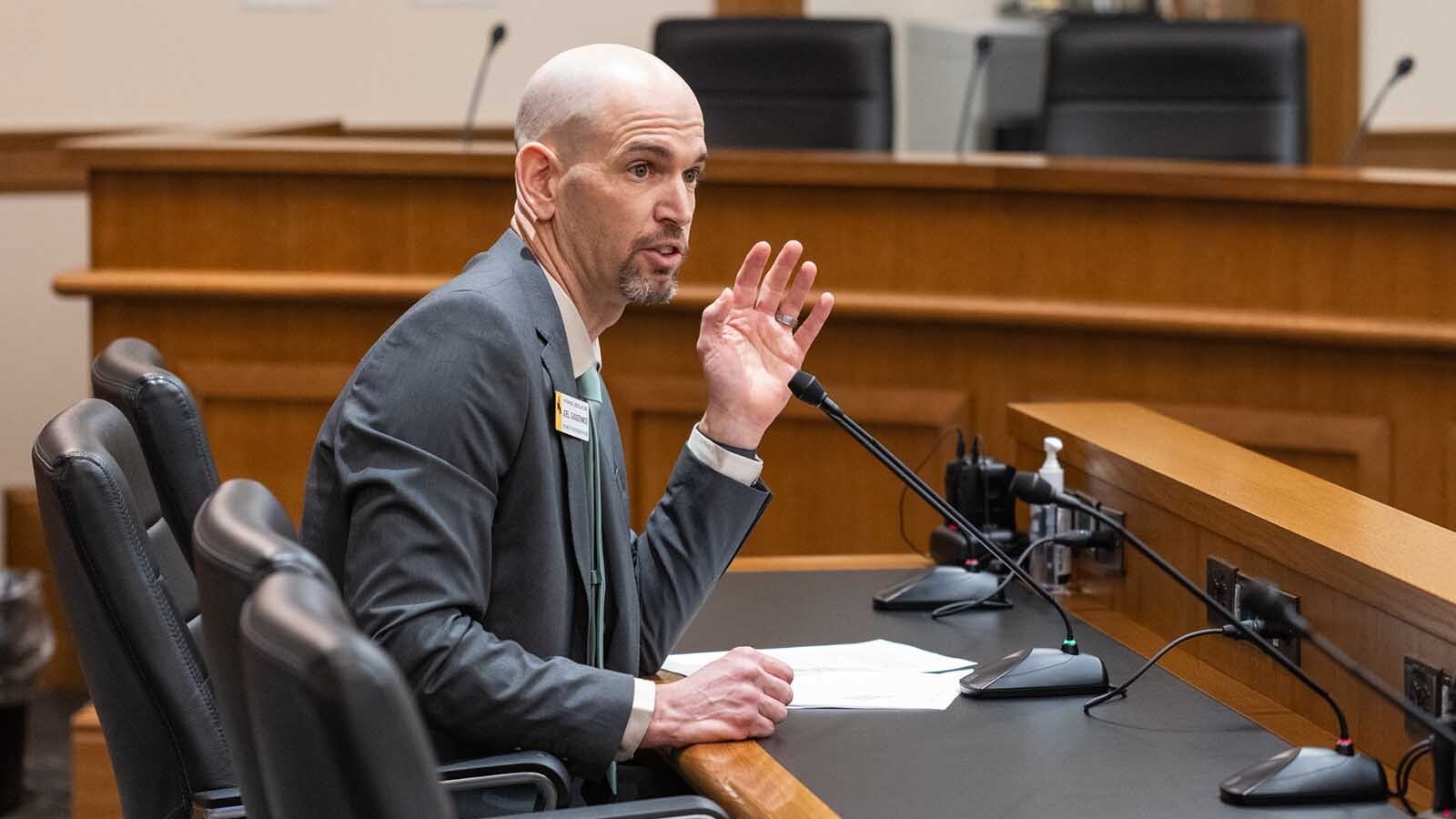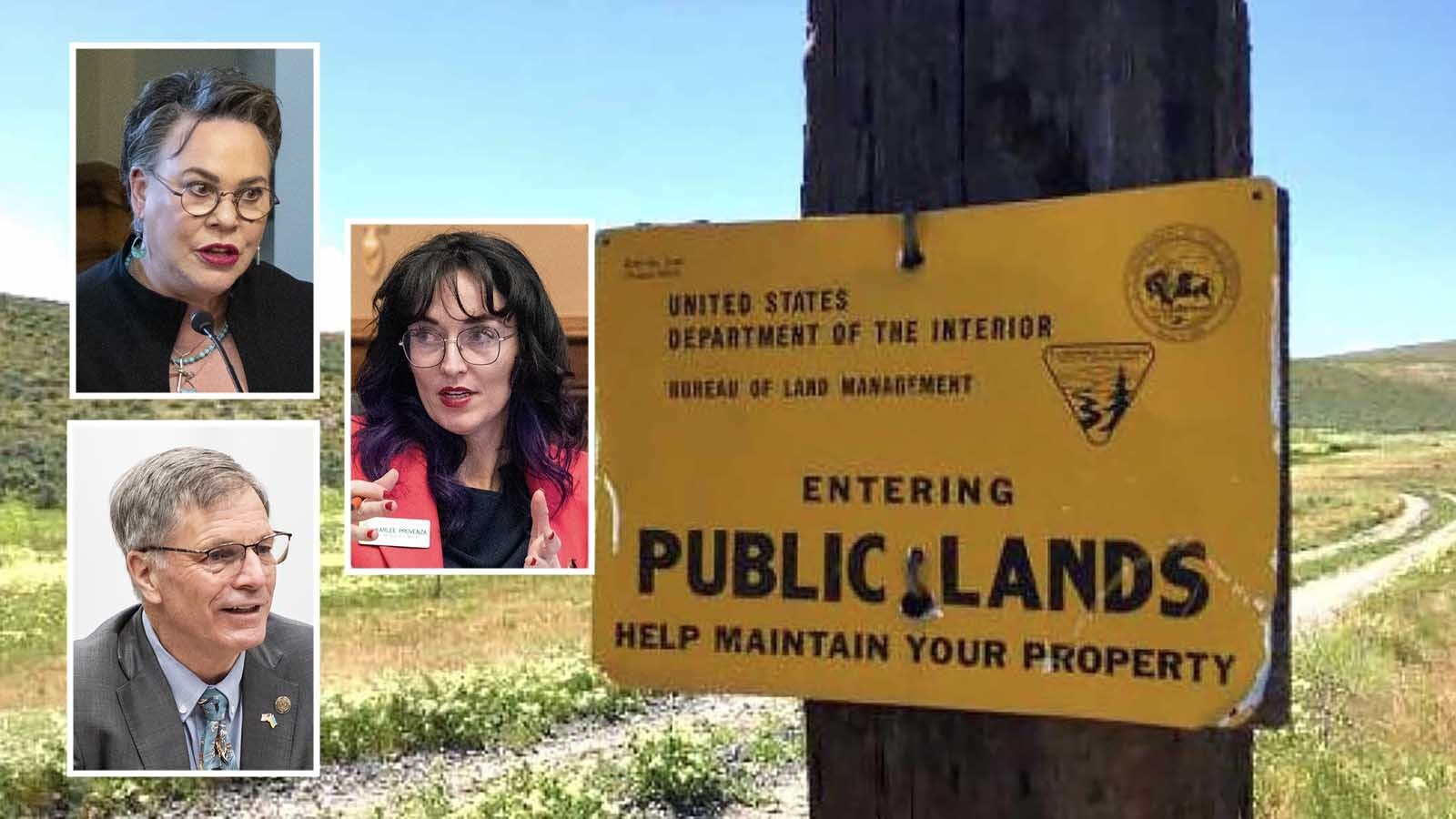The Wyoming Legislature voted Thursday to expand Gov. Mark Gordon’s ability to use $1.2 million in funding for lawsuits to protect Wyoming coal.
But it’s unclear if the money that would be freed up with House Bill 69 will be used for anything more than Wyoming’s posturing against attacks on coal in other states.
Original Appropriation
In 2021, the Wyoming Legislature appropriated $1.2 million so the state could sue Washington state over its denial of a coal export terminal that would have allowed Wyoming coal mines to export to Asian countries.
The Washington state government blocked the terminal, arguing it would cause “irreparable and unavoidable” harm. Among the arguments was the alleged public health impacts of coal dust blowing off rail cars transporting coal from Wyoming and through Oregon to the terminal.
Wyoming and its mining industry argued that Washington’s actions were part of an anti-coal campaign and that blocking the terminal violated the U.S. Constitution’s prohibition against interference in commerce between states.
The U.S. Supreme Court decided not to take up Wyoming’s lawsuit against Washington, which brought that case to a close.
However, the appropriation was good until June 30, 2030, which effectively leaves the money sitting unused in the governor’s account.
Expanded Possibilities
Two years later, the federal government, other states and some municipalities are taking actions that prevent Wyoming from selling its coal.
As these threats grow, Gov. Mark Gordon wants more flexibility to use the money for other types of litigation against more parties.
In the Senate Minerals, Business and Economic Development Committee last week, Gordon’s energy advisor, outlined an example of what types of litigation the money could be used for. He pointed to the EPA’s proposed “Good Neighbor” provision, which would require that a state upwind from another state wouldn’t prevent the downwind state from meeting air quality standards.
If the policy goes into effect, it could shut down Wyoming coal-fired power plants.
“It’s based on an East Coast model, and it hasn’t been thoroughly vetted for Western states,” said Luthi.
Sen. Chris Rothfuss, D-Lararmie, asked how many lawsuits Wyoming is now involved in and how many the state has won.
“What’s our batting average?” Rothfuss asked.
Luthi said the state was funding 33 lawsuits that are still in litigation, so he couldn’t say how many of those would be successful. He added that how successful the state’s litigation track record has been in the past depends on the venue.
A Messaging Bill
The Legislature appropriated the funds in 2021 as a “show piece to get behind it and rally,” Rothfuss said, even though the Attorney General’s office had money for state-sponsored litigation.
“I felt like this was politics at the time, but now we’re sort of maintaining the politics,” he said.
He asked why not re-appropriate the money into a general litigation fund for the Attorney General’s office rather than broaden the allowed uses of a previous appropriation.
The problem, Rothfuss explained, is parking $1.2 million in an account reduces the return on investment the state receives. He estimated the lost opportunity cost the state around $100,000, nearly enough to hire another attorney for the Attorney General’s office.
Luthi said the idea was to have a fund ready to go for the purposes of possible litigation in these kinds of cases.
“This has always been a messaging bill,” Luthi explained. “It seemed a logical thing to keep the message going.”
Expensive Message
Robin Englehart-Bagley, executive director of the Powder River Basin Resource Council, a Sheridan-based advocacy nonprofit, said the organization is against the bill.
Its concern is that the money would fund outside counsel, and private attorneys might not be “conservative” with taxpayer funds, Englehart-Bagley said.
She proposed the bill be amended to reduce the amount to $500,000, and “then it’s not as expensive of a message.”
The bill passed the committee, with Rothfuss voting against it, but it was amended to shorten the expiration of the funding to 2026.
Last Steps
HB 69 passed its third reading in the Senate on Thursday with Rothfuss casting the only vote against it.
Before it goes to the governor for his signature, it will need a concurrence with the House, which means the House and Senate must agree on a final bill that incorporates amendments between the chambers.





